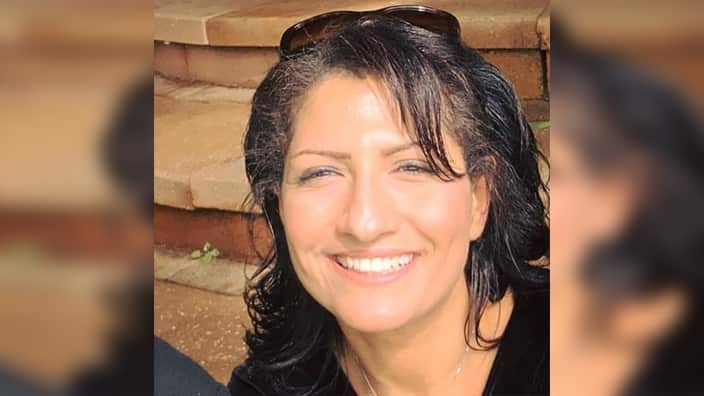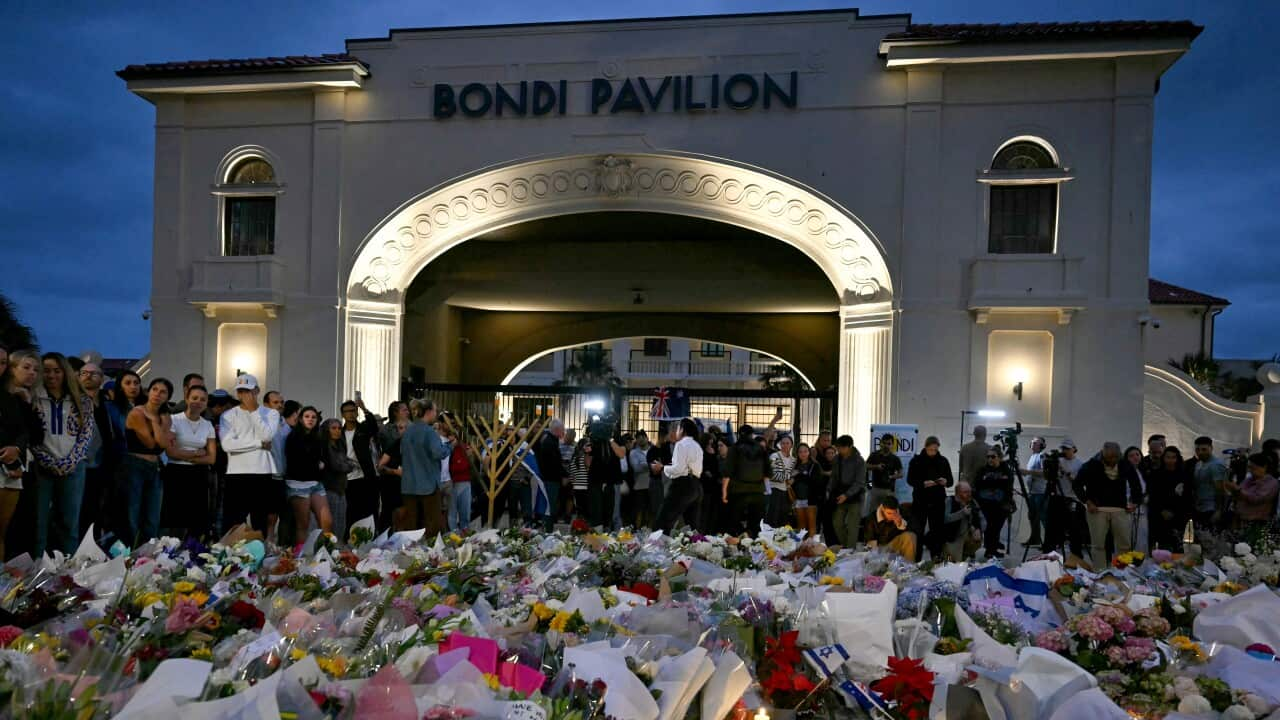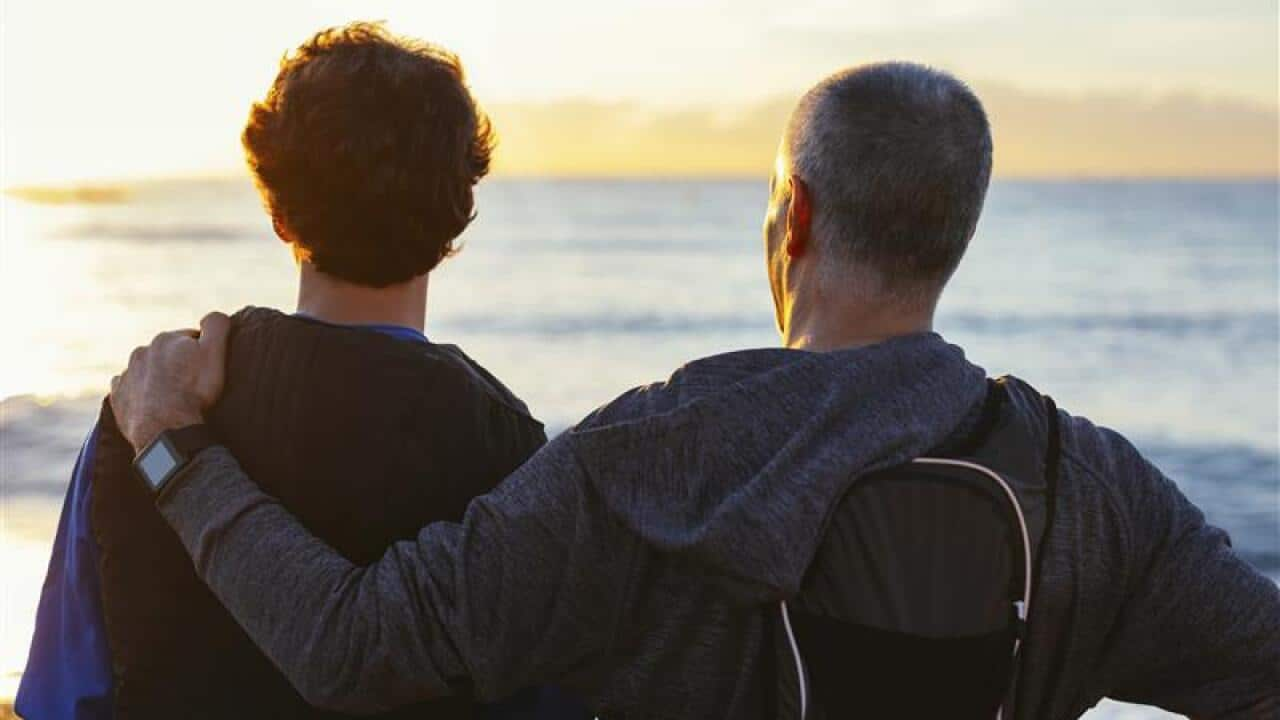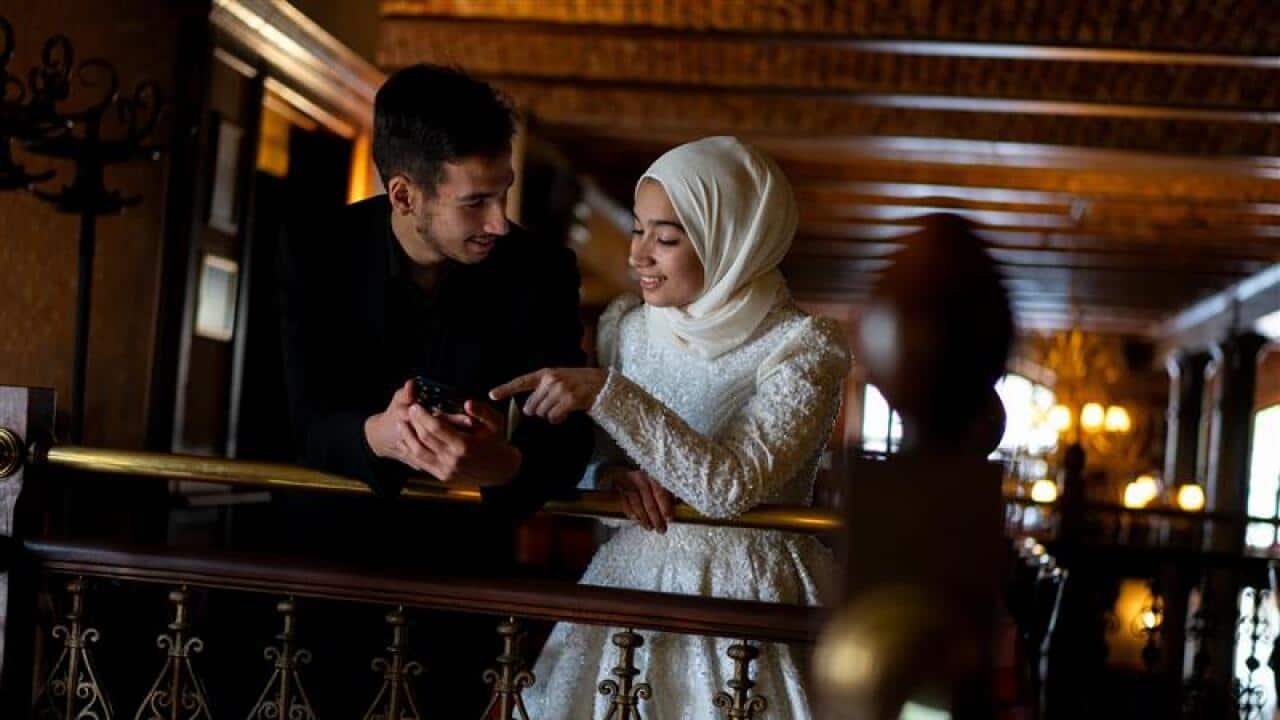The woman, 47, is alleged to have been stabbed repeatedly by her 60-year-old husband near her workplace in the southern Sydney suburb of Randwick on Saturday, May 18.
The husband has been arrested and charged with murder, and is due to appear before court on July 18.
The couple belonged to the Coptic Orthodox Church of Alexandria in Egypt, which has followers from across Africa and the Middle East.
The tight-knit community of the church in Australia has reacted angrily to the murder. Some in the Coptic community claim that one of the church’s priests had advised the woman to go back to her husband two days before she was killed.
Father Tadros Samaan, Vicar General of Coptic Orthodox Diocese in Sydney, denies that claim and tells SBS Arabic24 that this couple never faced any troubles in their marriage.
“This case never had a domestic violence incident before, and the husband was never abusive,” he says. “This couple had a close loving relationship and the woman was never subject to any kind of violence.”
However, the discussion among the community continued as to whether the church’s strict divorce rules are keeping women in abusive marriages, and comes amid a national discussion of violence against women, and the impacts of domestic violence.
Adultery the only trigger for divorce?
Angie Alfred is a 40-year-old Coptic mother of two, and tells SBS Arabic 24 she was in an abusive marriage for 15 years.
“The people of the church feel they have to stay in the marriage no matter what happens, and this leads indirectly to stay in an abusive relationship,” she says.

The church’s official position is to oppose spousal separation unless one person in the union commits adultery.
“When I used to go to the priest he would tell me to be patient and bear my cross with joy,” Angie Alfred says. “I believe in the bible but there is a limit to how much we bear.”
“Domestic violence is an obvious issue in the Coptic community and the priests know this better than me,” she says. “The church should look at the reality and how many crimes are committed that are not adultery. The priests have a responsibility to protect abused women in their church.”
However, Father Tadros Samaan tells SBS Arabic 24 that divorce can also be allowed for in case of other serious circumstances to prevent adultery.
“The church can annul the marriage if a person was discovered after marriage to be violent or aggressive,” Father Samman says. “Also, the church allows divorce if a person went through the legal system and obtained a divorce or a restraining order against their partner.”
A stigma of separation
In Australia women don’t need church approval to get a legal divorce, but a lot of women from conservative congregations won’t get a divorce without that approval.
Jane Brock, Executive Officer of Immigrant Women’s Speakout Association of NSW, says that social stigma is the real barrier stopping women from getting divorce, not the church’s approval.
“They will look down at her, they will judge her and they will say she didn’t work hard enough to harmonise the family and keep its unity,” says Brock.
“What would I do with the way the community and the church would look at me, what would I do with the scandals and rumors?,” Brock says. “There is a constant feel of guilt, a feeling that I am doing something wrong, when in reality I am defending myself.”
Laila*, a woman from the Arab community in Australia, says that tradition runs counter to going to the law for domestic matters.
“We were raised that it is shameful for a woman to call the police for her husband if she was abused,” says Laila. “It’s not in our customs and traditions, and if a woman did this, she would be looked at with no respect.”
Domestic violence is not limited to migrant communities in Australia. On average, one woman per week is murdered by her current or former partner in Australia, and approximately one quarter of women in Australia have experienced at least one incident of violence by an intimate partner.

Family unity a core concern in community
Claire*, another woman from the Arab community in Australia, says many migrant women trust religious institutions over the authorities when it comes to serious family issues. This is due to a belief that the church can better mediate a problem and protect the family unit as a whole, while intervening authorities may break the family up.
“The authorities will try to protect the person complaining with no consideration for family unity,” she says. “We go to religious institutions because they handle the problems with compassion, and aim to keep the family united, not destroy it.”
Jane Brock from Speakout says workers in domestic violence support services are being trained for ‘cultural competence’, learning how to address the concerns of women and respect their faith.
Father Samaan says the church can provide this kind of mediation.
“I can’t tell a woman who comes to me complaining, go get a divorce from the first time,” he says. “If violence happened once or under certain pressure, we talk to the husband, we provide him with medical and spiritual care, and we help the family stay together.”
Oudid Alrabeai is a Muslim imam in Blacktown, and receives women from the area for consulting and mediation.
“A lot of women are afraid that calling the police means a real threat to the existing of their family,” he says. “Women should be the ones taking the decision of going to the authorities or not.”
Respecting women’s wishes
On the subject of informing the police of violence, Jane Brock from Speakout agrees that a woman’s privacy and personal choice must be respected, saying “you always respect the women’s wishes.”
Father Samaan says it is not his role to inform the police without a woman’s consent.
“It is not my responsibility to go and call the police on behalf of the victim, because they might blame me for doing so,” he says. “The counseling we provide is not binding, it's the person’s call to decide whether or not they can stay in the relationship.”
Both Father Samaan and Sheikh Alrabeai believe that the most a religious institution can do is to stop providing counseling for a person.
“If a woman came to me while abused several times without taking an action, I tell her that I can’t receive you anymore and she should go to the authorities,” says Alrabeai, while Samaan says that, “if a woman is in danger, I tell them she should protect herself, but it remains her decision.”
Speakout’s Jane Brock says that domestic violence workers also don’t report to the police on behalf of victims.
“If there is signs of physical abuse we refer them to the GP and they know the protocol.” she says. “If there is a clear sign of a life-threatening situation, then it is the only time the worker has a duty to call the police.”
*Names changed to protect identity
Those impacted by sexual assault, domestic or family violence and abuse can get also advice and be referred to a facility by calling 1800RESPECT on 1800 737 732 or visit 1800RESPECT.org.au. They can also call Link2Home on 1800 152 152. In an emergency, call 000.








